Despite sharing a mid-engined platform, being based around common rear-wheel-drive underpinnings and using the same electrical architecture, the upcoming Audi, Porsche and Volkswagen roadsters have been conceived to appeal to very different buyers.
For starters, each car will receive its own individual exterior styling. The Audi will be influenced by the techno-look of the E-tron Spyder concept, which means up-to-date, fresh lines that will also serve as a template for the next-gen R8.
See pics of the Audi, Porsche and VW roadsters
Meanwhile, the Porsche will take its cue from the iconic 550 Spyder, launched in 1953. Insiders are said to be referring to the new entry-level car as the ‘550’ in a clear reference to a car that in later generations also established Porsche’s race-winning credentials.
As befits its positioning as a volume car maker, Volkswagen’s offering will feature styling inspired by its current car range and already previewed on the BlueSport concept at Detroit in 2009.
Read the full story on Audi's new baby R4 roadster
The interiors of the three cars will also differ; each will reflect the instrument panel architectures and moulding shapes found in other recently launched Audi, Porsche and Volkswagen models.
Important parts such as the main instrument binnacle and dials will be unique and even the minor switchgear is expected to be specific to each model, just as Audi, Porsche and VW differentiate the cabins of their Q7, Cayenne and Touareg SUVs.
However, a big part of the effort aimed at endowing the new Audi, Porsche and Volkswagen roadsters with their own individual character is being focused on the engines.
Read Autocar's scoop on Porsche's baby Boxster
While the Audi is set to receive turbocharged 2.0-litre four-pot and 2.5-litre five-cylinder units, the Porsche is earmarked to get a new turbocharged 2.0-litre flat-four powerplant that’s currently under development at the company’s Weissach research and development base.
Porsche engineers are working on a variety of power outputs for these flat-fours; the most powerful twin-turbocharged version is rumoured to develop 380bhp, Volkswagen is planning to offer the most economical engines as befits its brand positioning and customer base. The entry-level unit on the BlueSport is likely to be a turbocharged 1.4-litre four-cylinder packing 170bhp.

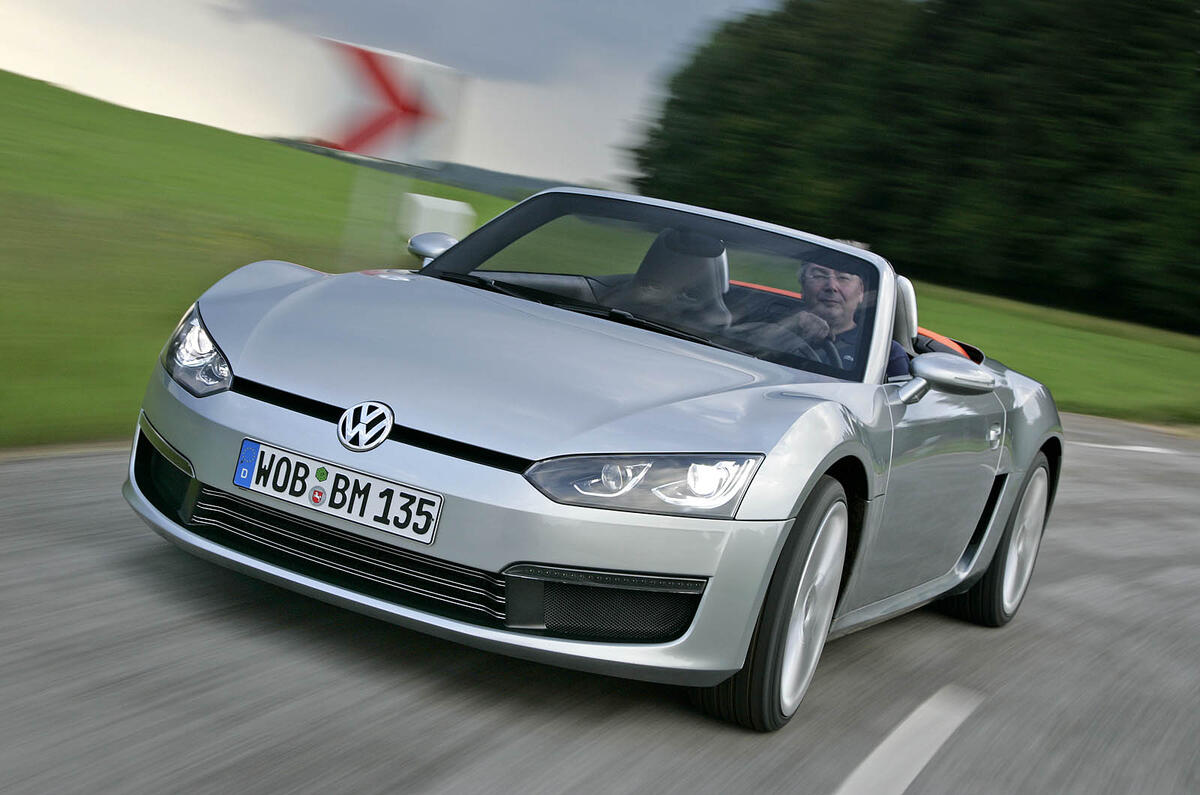
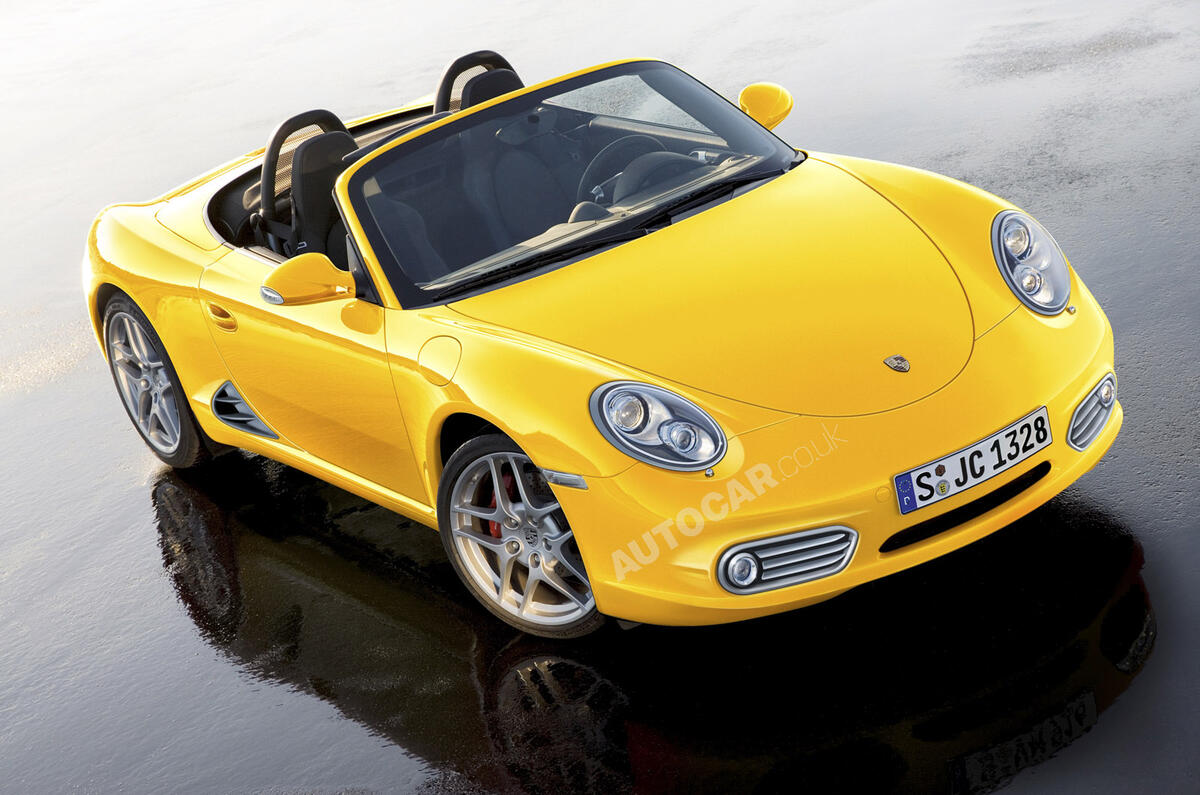

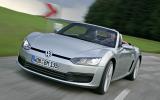
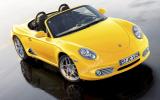
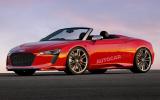



Add your comment